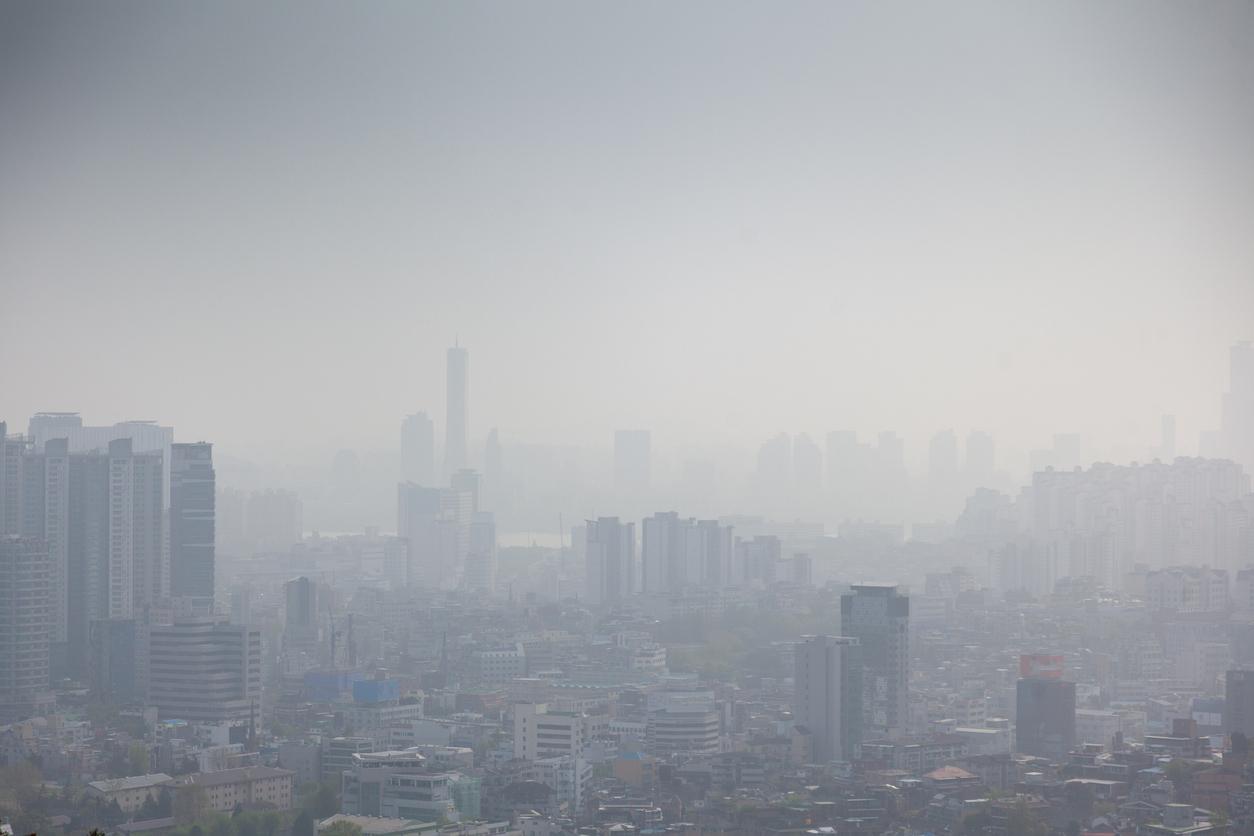While the government announced this week a new action plan to develop and secure the use of wood heating in French homes, a group of doctors is stepping up to warn of the dangers of exposure to fine particles generated by the burning of wood.

- The fine particles linked to the combustion of wood worry doctors.
- More specifically, the collective insists on the dangers associated with wood-fired power plants in cities, as well as factories with incinerators to burn waste.
Published Saturday, April 17 in the newspaper Releasethis forum has about fifteen health professional signatories, including Dr Thomas Bourdrel, radiologist in Strasbourg, as well as several collectives, such as Strasbourgrespire and Air-Santé-Climat.
The latter draw attention to the emission of fine particles linked to the combustion of wood, “similar in terms of composition to diesel particulates (heating oil and road diesel), in particular due to the extremely carcinogenic polycyclic aromatic hydrocarbons (PAHs) which enter into the composition of both fine particles and gases emitted by the combustion of wood“.
Although new devices equipped with filters have been deployed in recent years to reduce fine particle emissions linked to the combustion of wood, the ultrafine particles, which are the most toxic, are still released into the atmosphere.
“Burning wood can emit up to 35 times more carcinogenic PAHs than heating oil, and much more than burning“, underline the authors of the tribune. “En addition to their carcinogenic nature, these carbonaceous particles are also the most toxic for the respiratory and cardiovascular systems as well as for the development of the fetus.“, they add.
A danger for health… but also for the environment
More specifically, the collective insists on the dangers associated with wood-fired power plants in cities, as well as factories with incinerators to burn waste, like the Blue Paper company in Strasbourg, which replaced its gas boilers by these devices and who benefited from state subsidies to make this change.
Finally, the collective also recalls that the massive combustion of wood is not without consequences for the environment. These are based in particular on a publication in Nature in September 2018, in which IPCC researchers warn that at this rate, thehe wood energy sector alone could cause a 10% increase in greenhouse gases over the next ten years.
“We insist on the importance of establishing limit values and monitoring of toxic pollutants not yet regulated, as recommended by ANSES, and we call for a revision of the standards for the most harmful pollutants such as PAHs. Indeed, out of the ten carcinogenic PAHs, only benzo(a)pyrene benefits from limit values in the atmosphere, but these are annual and not daily standards. conclude the doctors.
.

















